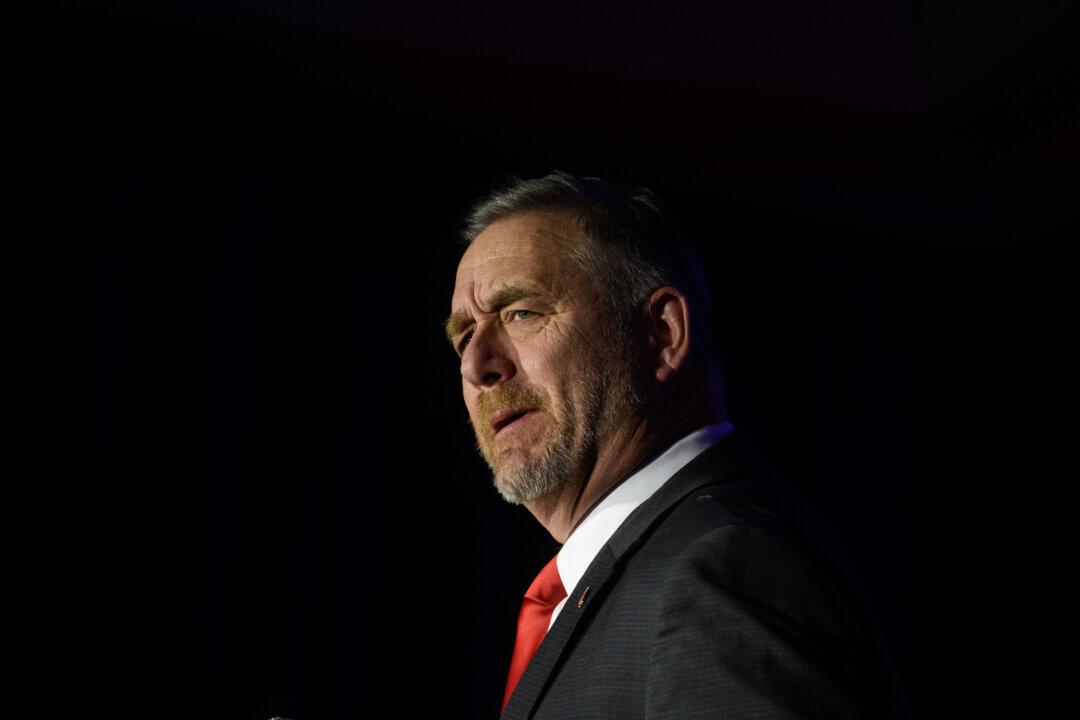Ohio Attorney General Dave Yost on Monday filed an amicus brief in the 6th Circuit Court of Appeals in support of religious schools seeking to overturn a county health department’s shutdown order, calling the order a violation of the First Amendment.
“This order violates the Free Exercise Clause,” Yost wrote in the brief. “That clause prohibits the government from discriminating against religion.”





